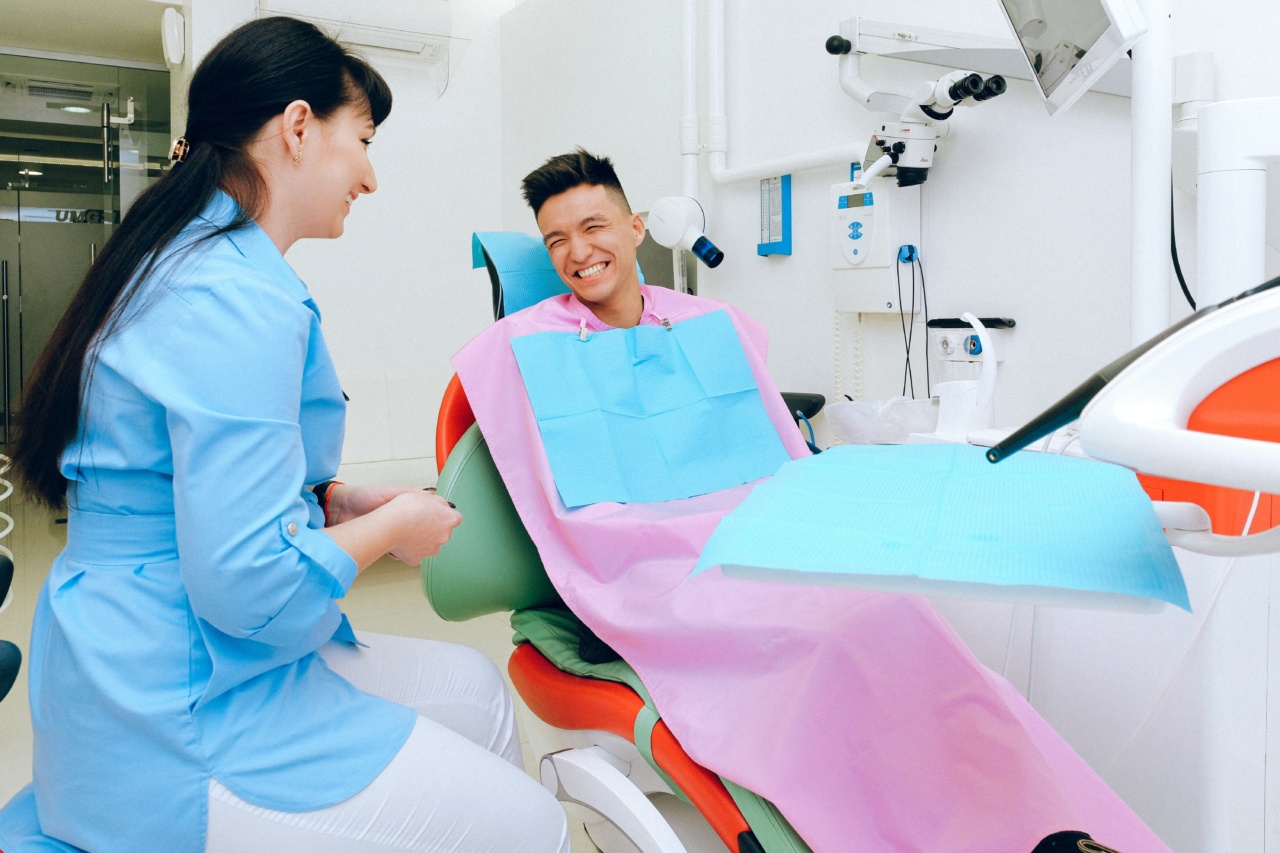As we age, sleeping habits can change. Although some people can function well on just a few hours of sleep, most of us need around seven to nine hours per night to feel well-rested and alert during the day.
However, if you’re over 50, you may find that falling asleep or staying asleep has become more challenging than it once was.
The problem with sleep after 50
Around 50% of people over 50 have some kind of sleep disorder, such as insomnia, sleep apnea, or restless leg syndrome.
These can cause you to feel restless or wake up frequently throughout the night, which can have a detrimental effect on your daily life. Sleep disorders have been linked to an increased risk of obesity, diabetes, and heart disease, among other health conditions.
What can you do to improve your sleep?
Fortunately, there are many things you can do to improve your sleep and keep yourself healthy and alert during the day. Here are some of the most effective, evidence-based strategies you can try:.
1. Create a Sleep-Conducive Environment
Creating a sleep-conducive environment is essential to getting good sleep. Here are some things you can do:.
- Make sure your bedroom is cool, dark, and quiet.
- Invest in a comfortable mattress and pillows.
- Remove distractions, such as televisions or electronic devices.
- Avoid doing anything in your bed besides sleeping or having sex.
2. Limit Your Exposure to Light at Night
Artificial light can interfere with your body’s natural sleep-wake cycle, disrupting your ability to fall asleep and stay asleep. Here’s what you can do to limit your exposure to light at night:.
- Avoid using electronic devices before bed.
- Invest in blackout curtains or an eye mask.
- Use low-wattage bulbs in your bedroom.
3. Stick to a Consistent Sleep Schedule
Going to bed and waking up at the same time every day is a powerful way to regulate your sleep-wake cycle. Here’s how you can do it:.
- Set a regular bedtime and wake-up time, even on weekends.
- Avoid sleeping in or taking daytime naps.
- Stick to your routine, even if you’re not sleepy.
4. Limit Caffeine and Alcohol
Caffeine and alcohol are both known to interfere with sleep quality. Here’s what you can do to limit their impact on your sleep:.
- Limit caffeine consumption to the morning hours.
- Avoid consuming alcohol before bed.
- Limit alcohol intake overall.
5. Get Regular Exercise
The benefits of exercise on sleep quality are well-established. Here’s how you can reap the rewards of physical activity:.
- Engage in moderate-intensity exercise for at least 150 minutes per week.
- Avoid exercising too close to bedtime.
- Consider yoga or other relaxation techniques to help you unwind before bed.
6. Manage Stress
Stress can interfere with your sleep quality, making it harder to fall asleep and stay asleep. Here’s how you can manage stress:.
- Practice relaxation techniques, such as deep breathing or meditation.
- Seek support from friends, family, or a mental health professional.
- Identify and address sources of stress in your life.
7. Seek Treatment for Sleep Disorders
If you suspect that you may have a sleep disorder, it’s important to seek treatment. Here are some common sleep disorders and their treatments:.
- Insomnia: Cognitive-behavioral therapy (CBT) is the gold standard for treating insomnia. CBT involves learning strategies to manage sleep-related anxiety and negative thinking patterns.
- Sleep Apnea: Continuous Positive Airway Pressure (CPAP) is the most common treatment for sleep apnea. CPAP involves wearing a mask that delivers pressurized air to keep the airway open throughout the night.
- Restless Leg Syndrome (RLS): RLS is often treated with medications, such as dopaminergic agents or opioids. Lifestyle changes, such as regular exercise or avoiding caffeine, can also help.
In Conclusion
Getting good sleep is essential to maintaining your physical and mental health. If you’re over 50 and struggling with sleep, try incorporating these strategies into your daily routine.
If your sleep problems persist, don’t hesitate to seek help from a healthcare professional, who can help you identify the underlying cause of your sleep disorder and develop an effective treatment plan.































